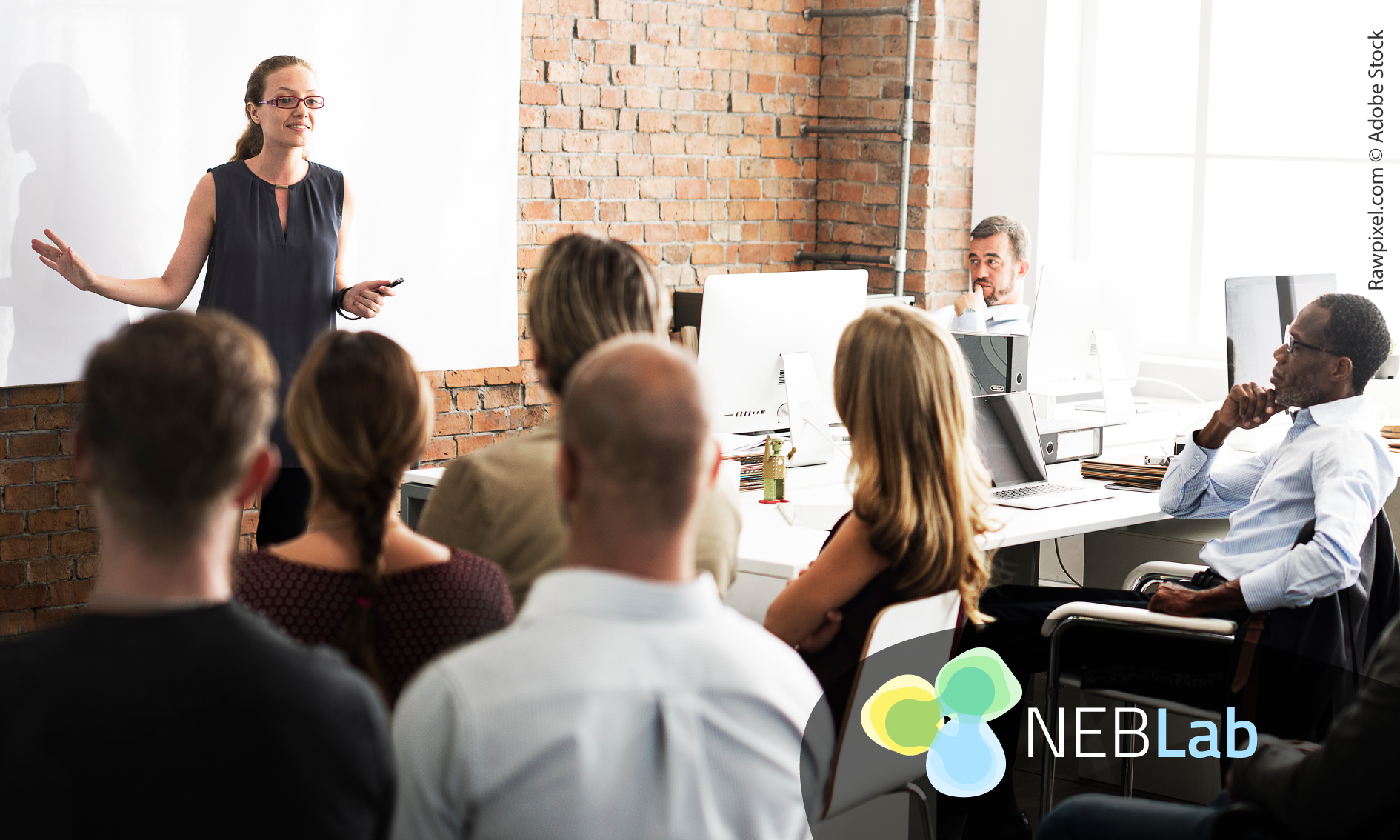
The co-development of the NEB Stewardship (NEB-S) model makes the endeavour more accessible and tangible for higher education institutions and students.
Through joint workshops and participatory Research Development and Innovation (RDI) activities with project partners, the lab aims to examine, clarify, and enhance the role of higher education in the New European Bauhaus initiative.
The overarching purpose is to nurture the transition from climate anxiety to NEB stewardship, especially among students. The lab's expected outcomes include the following:
- A co-developed working model for NEB Stewardship.
- Practical proof-of-concept examples of NEB-S-based RDI
integrated learning. - A toolbox for implementing NEB Stewardship.
- A peer-learning network for higher education partners.
- A reflection on digitalisation's opportunities in practising NEB Stewardship, in line with Twin Transition, and contribution to related
EU policy.
Higher education institutions and other research and education-oriented organisations can participate in the project. In the future, the scope of participants may expand to include cities, NGOs, and companies. Universities can take advantage of this opportunity to work together on the triple crisis (climate, biodiversity loss, and pollution), engage in the NEB initiative and shape the role of higher education. Sustainability science-oriented academia can link research concepts to practice. Other participants can consciously act on the climate and biodiversity crisis in collaboration with higher education partners and reflect on how they can apply the model to other activities.
Participation in the project
The lab seeks input from universities on understanding the NEB Stewardship concept and its components. They are also interested in learning about the potential of the NEB-S model and aspects that need further development. Ideas and trials for implementing the model, as well as experiences and feedback from participating students and staff, are welcome.
Project team coordination
-
Metropolia University of Applied Sciences, New European Bauhaus partner
-
IADE - Universidade Europeia, New European Bauhaus partner
-
La Nuova Accademia di Belle Arti (NABA), New European Bauhaus partner
-
University of Turin, New European Bauhaus partner
-
Cyprus Institute, New European Bauhaus partner
-
Green Growth Generation, New European Bauhaus partner
Contact
paivi [dot] keranen metropolia [dot] fi (Päivi Keränen), Metropolia University of Applied Sciences
metropolia [dot] fi (Päivi Keränen), Metropolia University of Applied Sciences
jenna [dot] ylimaunu metropolia [dot] fi (Jenna Ylimaunu), Metropolia University of Applied Sciences
metropolia [dot] fi (Jenna Ylimaunu), Metropolia University of Applied Sciences
Related information
- Reference
- NEB Lab, Community led project
- Project locations
- Helsinki, FinlandTurin, ItalyLisbon, PortugalMilan, ItalyAmsterdam, NetherlandsAglandjia, Cyprus
